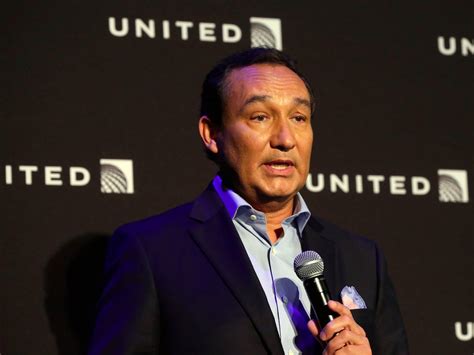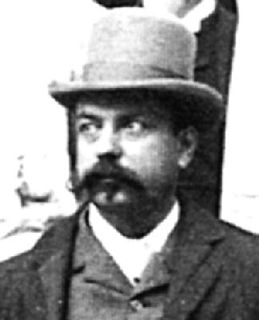A Quote by Jeffrey Gitomer
The best way to apologize is to let the customer vent first. Don't interrupt, just take notes and make empathetic noises. You can even tell the customer that it makes you mad too. Second, ask the customer what their speed of need is. Tell them what they ant to hear. That you apologize, that you understand how they feel, that you are meeting with the appropriate people to get a resolve, and that it will be done in 24-hours.
Related Quotes
The most common way customer financing is done is you sell the customer on the product before you've built it or before you've finished it. The customer puts up the money to build the product or finish the product and becomes your first customer. Usually the customer simply wants the product and nothing more.
The media is the only business in the world where the customer is always wrong. If you're a news consumer, if you're a customer, and you complain to them, they will tell you that you are not sophisticated enough to understand what they do, and they're tell you to go listen or watch somewhere else. They're not even really doing the news for you. They're doing news for other journalists and other people in government because that's their real audience.
We grow by letting the customer tell us. So when the customer tells us that they're frustrated, that they just got their catalogue and we're already out of a product they wanted, then it tells me that we're not making enough. We let the customer tell us instead of creating an artificial demand for our products. Any time you're making products that people don't need, you're at the mercy of the economy, you're at the mercy of whatever is going on. So we tried to avoid that situation.
It is said if an organization listens to the complaint of a customer and the problem is fixed, the customer remains a loyal customer and tells approximately seven others about the experience. Conversely, if a person is ignored and the problem not fixed, that customer will not deal with that organization anymore and will tell approximately twenty other people about the negative experience.



































